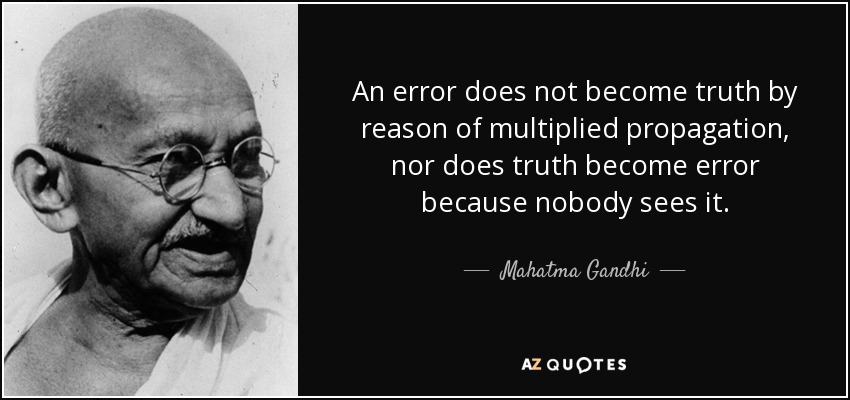@Alicec, running a node for the sake of the network is an artistic act, much like sweeping waves back on the beach helps those who don't want the sand to get wet.
There are legitimate reasons to run a node, e.g. mining, exchanges and payment service provides all benefit from supporting network infrastructure.
- In BTC the narrative is bitcoin can't be trusted if you don't verify your transactions.
The irony here is all transactions in blocks are valid. If not the block is invalid and the Bitcoin premise described in the white paper does not work.
Miners are trusted because of the motivation to get the reward. It's less secure to trust developers to write code that tells you your transaction is valid. (Developers are changing BTC code to make miners less relevant limiting Layer 1 and building and promoting Layer 2)
- In BCH (ABC) the ideas are more practical you can trust the miners, however, there is still the notion that developers dictate the roadmap. ABC split off from the original network by bundling a bunch of contentious rule changes that would activate regardless of the mining support.
ABC colluded with exchanges to have their version called BCH with the understanding that the miners would follow exchanges, as that’s where they sell the BCH they mine.
- In BSV, the miners are in charge and market forces dictate necessary optimizations. BSV tried to have hashing war where miners vote with their CPU power, but the ABC developers just forked them off, there was no hashing war, just a fork at the first disagreement over the riles.
BSV is evolving in an interesting way, and the advent of the Metanet suggests there will be a plethora of entrepreneurial motivations to run a node for profit.
You don’t need to run a node to get the benefits of a secure transaction on any of the 3 bitcoins, they all support SPV simple verification proofs to some degree. There are hundreds if not thousands of ways to verify a transaction on any of the 3 blockchains in a way that is independent of any centralised authority.
There is a lot of irony in the fact that BSV only practical interpretation of Bitcoin that resembles the concept proposed in the White Paper and it's further obfuscated by the fact that it is largely supported by what looks like a single entity. But given they are in the top 10 of a $370B experimental idea, and it's withstood Social media attacks from both BTC and BCH it’s looking viable.
BTC well that’s now just the greater fool network and maybe that’s were society is going.
BCH well that’s run on ultraistic donations to developers who imply they will leave if they don’t get paid enough. They keep changing the rules making it hard for entrepreneurs to build on a solid foundation.
BSV is inviting for Entrepreneurs ultimately, they are the builders in the economy. They seek innovative ways to create and deliver value.




